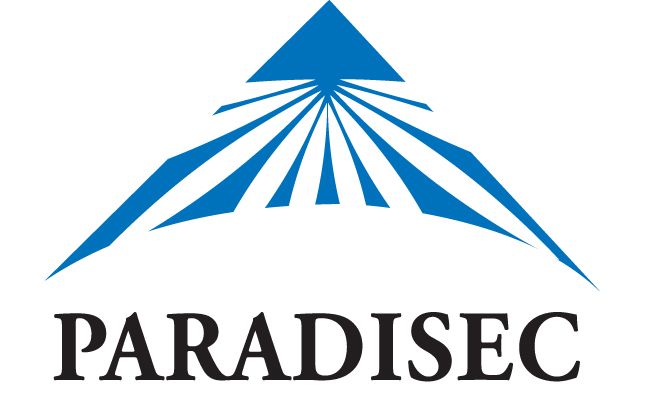Full description
Hula - Lexico Stats Side A: 1. Lexicon of Hula language and Babaka dialect transcribed and translated. Keto Babaka: Greetings and farewell Oi nama, Tinabada?: Are you well, big mother? Au maki namavagi, taupata: Me too, I am very well, big man Ina, au maki nama!: Yes, me too I am well Au alakana ghegu vanugai!: Ghulaga vanughana e raona I am going to my village Hula Ina, au alakana ghulaghai Yes, I am going to Hula Negha, ono alu agho, au a lakana: Good one, you go, I am going/leaving Nama tinabada: Good, big mother Au alakana tauni ai: I am going to town Aumaki a lakana mosbi ai: Me too I am going to Moresby. Au maki alakana numai: Me too, I am going to the house. Au alakana, Kokeai: I am going to Koke Sentence: 1 Ne raka ghau?: What is this? Ee melo kopuna: A small boy Waia maki melo ka!: That one too is a boy? Lesson 2: Going Taubata, ariginai bo raka?: Bigman, where are you going? Togeriai paveraghe: I am going up tp Sogeri Rakaghau ghena?: What for? Palaka, inaghulu pa vekala: I am going to work Arighi lagani pono wai kule?: When are you coming back/returning? Lavilavi: Afternoon Namvaghi… ono laka: Very good… you go! Negha, nama vaghi: Okay… very good Drill: 2A Taupata, arighinai bo raka?: Bigman, where are you going? Au palaka, inaghulu pavekala: I am going to work Au pa laka pa verighu: I am going to wash. Au pa laka arave kalana? Au paraka ala ai? I am going to the garden Drill 2B: Arighi laghani ai pono lau kule? When are you going to return? Lavilavi pana wai kule: I will return in the afternoon Toma lavi pana wai kule: I will return today Ema poghi pana wai kule: And I will return in the night Rapa lua: Two days Sentences 2: Ia enai negha?: Is he there? Vavine ka, wanai wa: One woman is there Lesson 3: Understanding Taupata, Ghulagha karona po ripa?: Big-man, do you know Hula language? Ai kina, kirikirikina: No, just a little bit. 2. Small story about dance Long time ago, our ancestors, when they made the kundu (dance), a chief would fast for a week and then they would dance. The dance will go,go,go until it really finishes. Then the next year, they will make gardens until it is really finished and then they will put a sticks in the middle of the village. Then they go and get bananas and coconut, sugarcane, betelnut, Karu, they will put sago, next to the structure they have put up. They will start the dance and the dance will go,go,go, go, until two weeks, when those two weeks are over, people from everywhere will come and eat the food, the hosting village will slaughter pigs and then the dance is closed. It will go on until someone else is strong and he will open the dance again. If nothing then it is really closed. Side B: A list of English words, mostly sounds. Eg: ble, asp, spr, scr, spl, sq, ed, th at the end The end of the tape is made up of short paragraph read in English. Transcribed by Eileen Bobone (Steven Gagau, January 2021). Language as given: Hula Reuse Information
Created: 1965-04-20
Data time period: 1965 to ,
ISO3166: PG
Subjects
User Contributed Tags
Login to tag this record with meaningful keywords to make it easier to discover
Identifiers
- URI : catalog.paradisec.org.au/repository/TD1/M001

- Local : TD1-M001
- DOI : 10.4225/72/56FD3D62671BB



